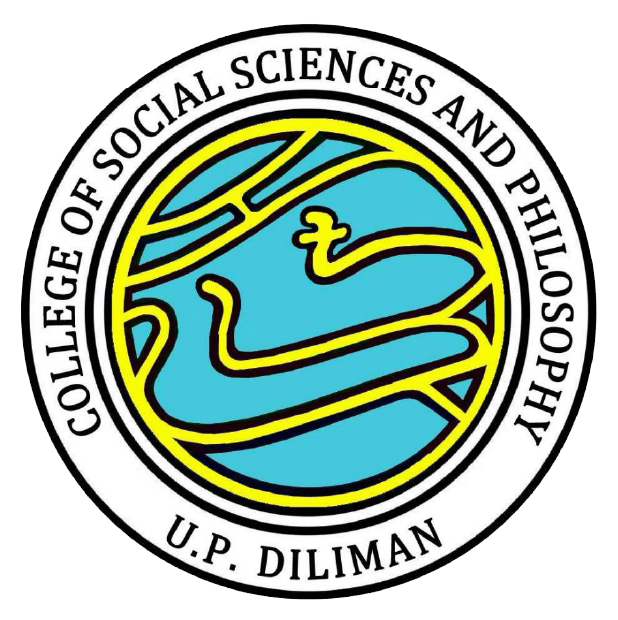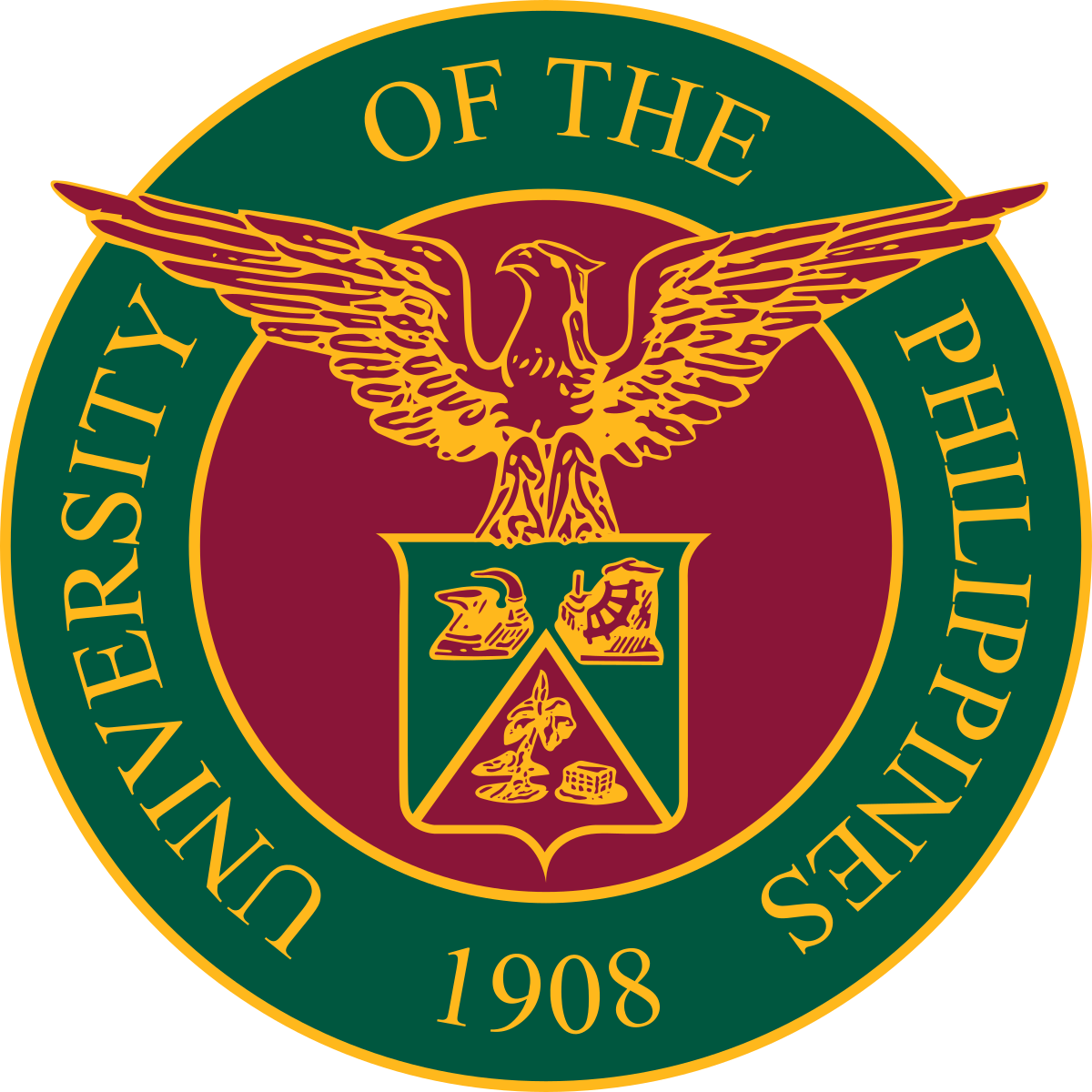
"The Development of Colonial Science and the Council under American Tutelage, 1933-1941."
A History of the National Research Council of the Philippines: Research in the Life of the Nation, edited by Francis A. Gealogo
Faculty Involved:
Francisco Jayme Paolo A. Guiang


